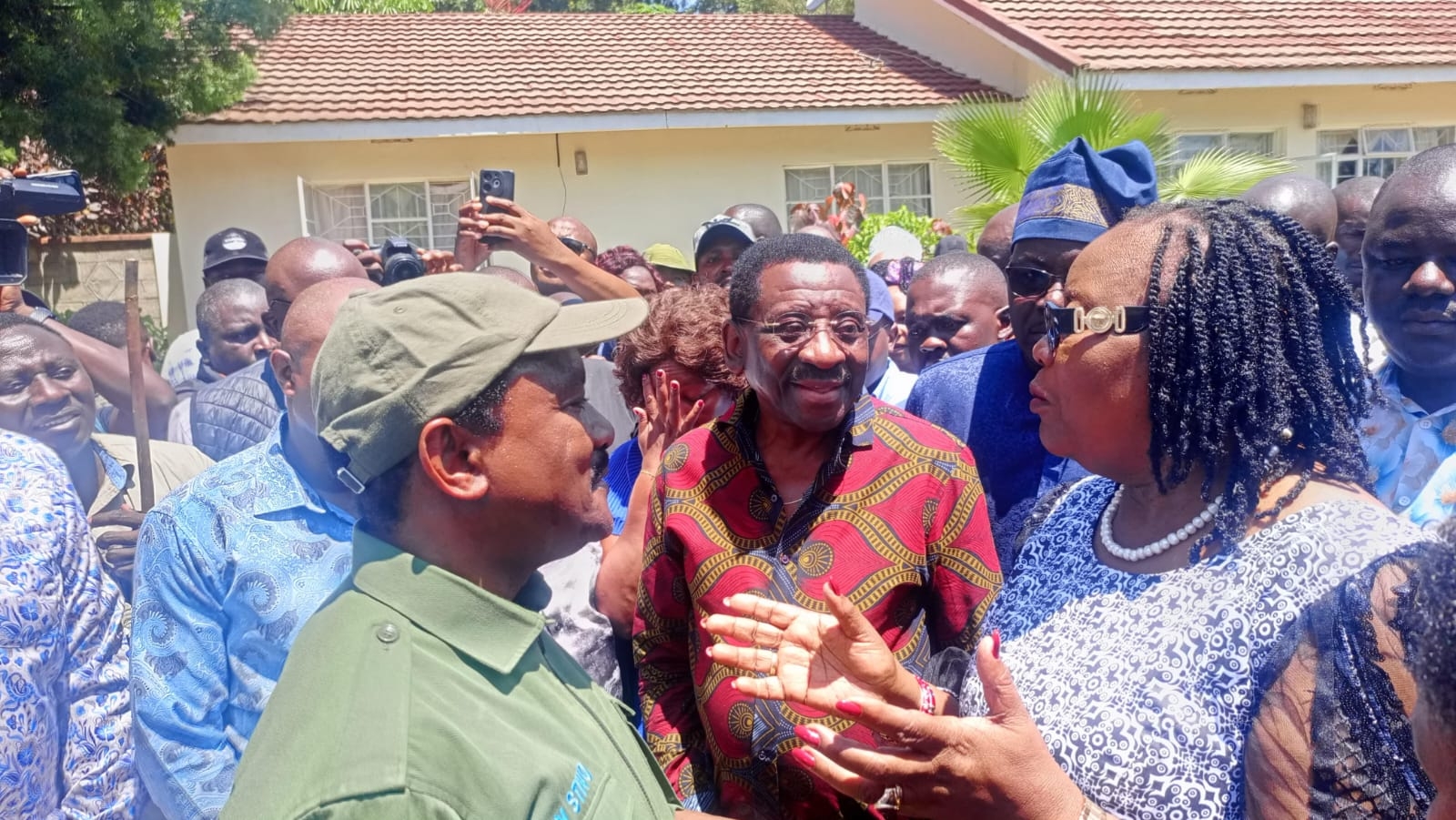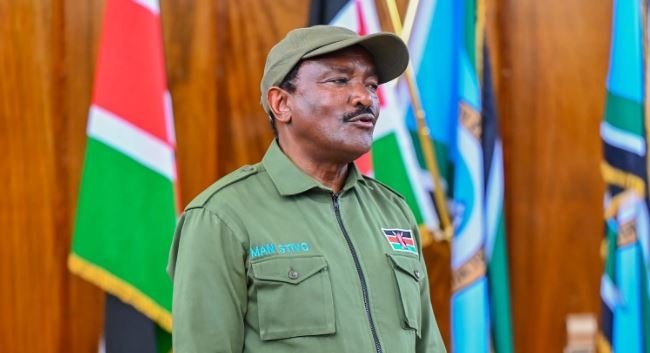Elders and religious leaders in Mandera will no longer arbitrate cases of defilement and rape through the traditional Maslaha system and will instead subject offenders to the rule of law.
Activists and women leaders have condemned and demanded an end to the system, saying it denied victims their rights.
Maslaha is a traditional dispute resolution mechanism where a rapist may be forgiven after offering cows or cash to the family of the victim. Elders and religious leaders are often they arbitrators.
On Monday, the elders and the clerics unanimously agreed to stop the trend.
The clerics drawn from the entire Mandera county said other crimes, including killings and inter-clan violence, could still be solved through maslaha.
The elders and clerics spoke at a hotel in Mandera town during a symposium that brought together county officials and administrators.
They also agreed to strengthen the traditional rules noting that the current requirements that people pay for their crimes have become outdated.
Cleric Yussuf Noor said the only way to end injustice against women was by allowing the law to take its course.
“As a community, we need to completely move away from arbitrating some of these vices like rape and defilement using our traditional mechanisms. We should let the suspects face the full force of the law even if it means life imprisonment,” Noor said.
Elder Osman Raqiso said violent crime was on the rise and called for concerted efforts to arrest the violence.
Another elder, Mohamed Abdullahi, said the clerics had explored ways of making the local justice system compatible with the Constitution.
He said killing a human being should be given more penalties, especially paying 100 camels at the market price to deter the crime.
Mandera public Service executive Mohamed Sheikh led the meeting. He said traditional dispute resolution mechanisms can end perennial inter-clan clashes in the region.
Sheikh said deliberations reached would be taken to Muslim scholars and lawyers to iron out contentious issues before being adopted as county by-laws.
Sheikh Mohammed Abdi said they also agreed that murderers will be required to pay 100 camels without any assistance from the community.
Edited by P.O


















